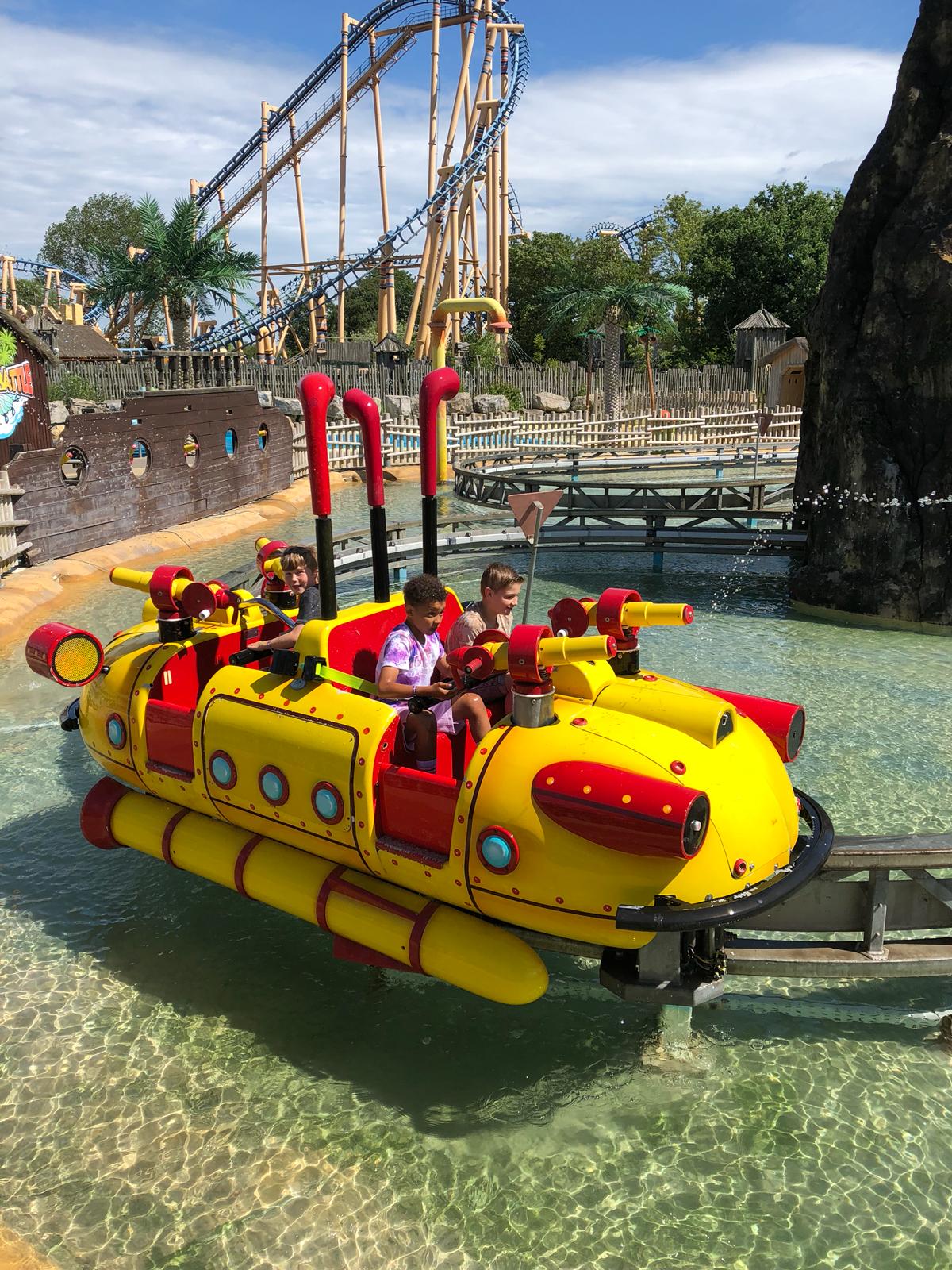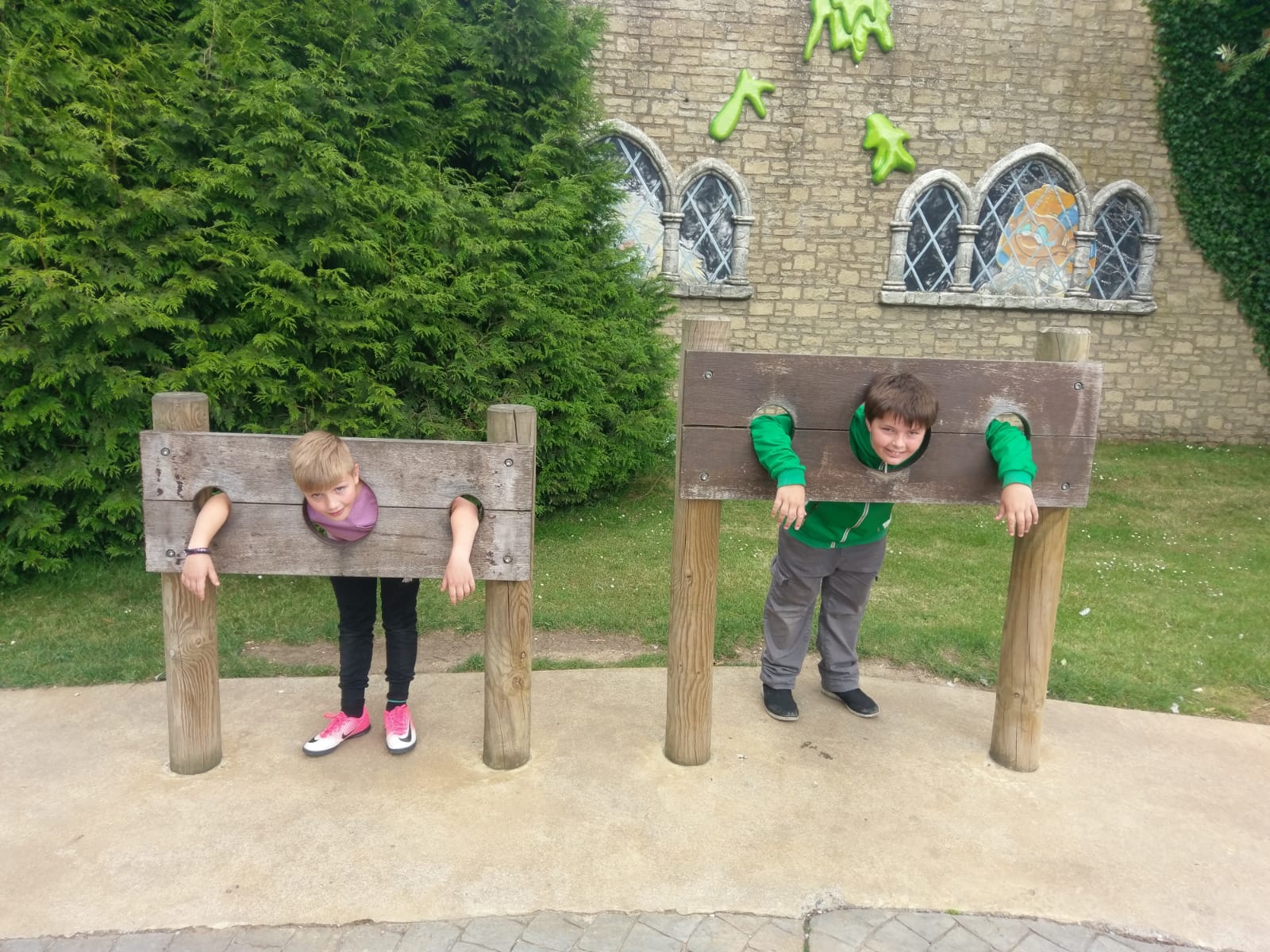The Bungalow
The Bungalow is our residential provision for Wilds Lodge’s youngest children, aged between 7 and 10 years of age. It has three permanent care staff.
“They value the care given by staff.”
The Bungalow was opened in January 2007 as a residential house. It was the first to be completed in phase 1 of the conversion work from domestic to school use. The house contains buildings constructed from different materials from different periods. The living/play room was formerly a barn of great age, which has ancient beams and stonework, while the dining area was once a farm building.
The living accommodation opens out onto the main school grounds, which gives good access to the playing areas. It provides a safe context for the very youngest children, but allows more space to those that are a little more independent and enjoy being outdoors.
Decisions about a student’s readiness to move house groups are not made according to his chronological age, but on his social and emotional maturity.
The Bungalow provides very well defined routines and boundaries, which provide a safe and structured environment for children who are often impulsive and require strong external controls to help them manage social situations. When they are ready for the move, they will transfer to the Lodge.
Our philosophy is best described as the creation of our “caring and sharing” approach to living together as a group.
Each facet in the process of living together and getting on with each other is regarded as a potential teaching and learning opportunity. Thus meal times, group meetings, time spent in discussion, organized activities and recreational opportunities are seen as important social situations.
The daily routine is well understood by all students. We follow it carefully because it provides a structure for personal care, hygiene and physical health. It is predictable and supportive to students. The times and sequence of the routine are clearly laid down and followed each day by all students and staff.
Many of our students arrive under-stimulated, lacking enthusiasm and motivation and in many ways seem strangely ‘unknowing’. Sometimes they do not know how to play. Their knowledge of life situations can often be limited. Some of our students have never stood on a beach and watched the tide come in; some have never seen animals in their natural habitats.
Whilst we accept that on some occasions we “entertain” our students, for the most part we encourage purposeful activity and where possible provide new and enriching experiences. A part of each evening is set aside for some form of activity.
While individual’s interests are encouraged, it is also important for the group to share something together. A great way of them experiencing this is on our annual camp.






